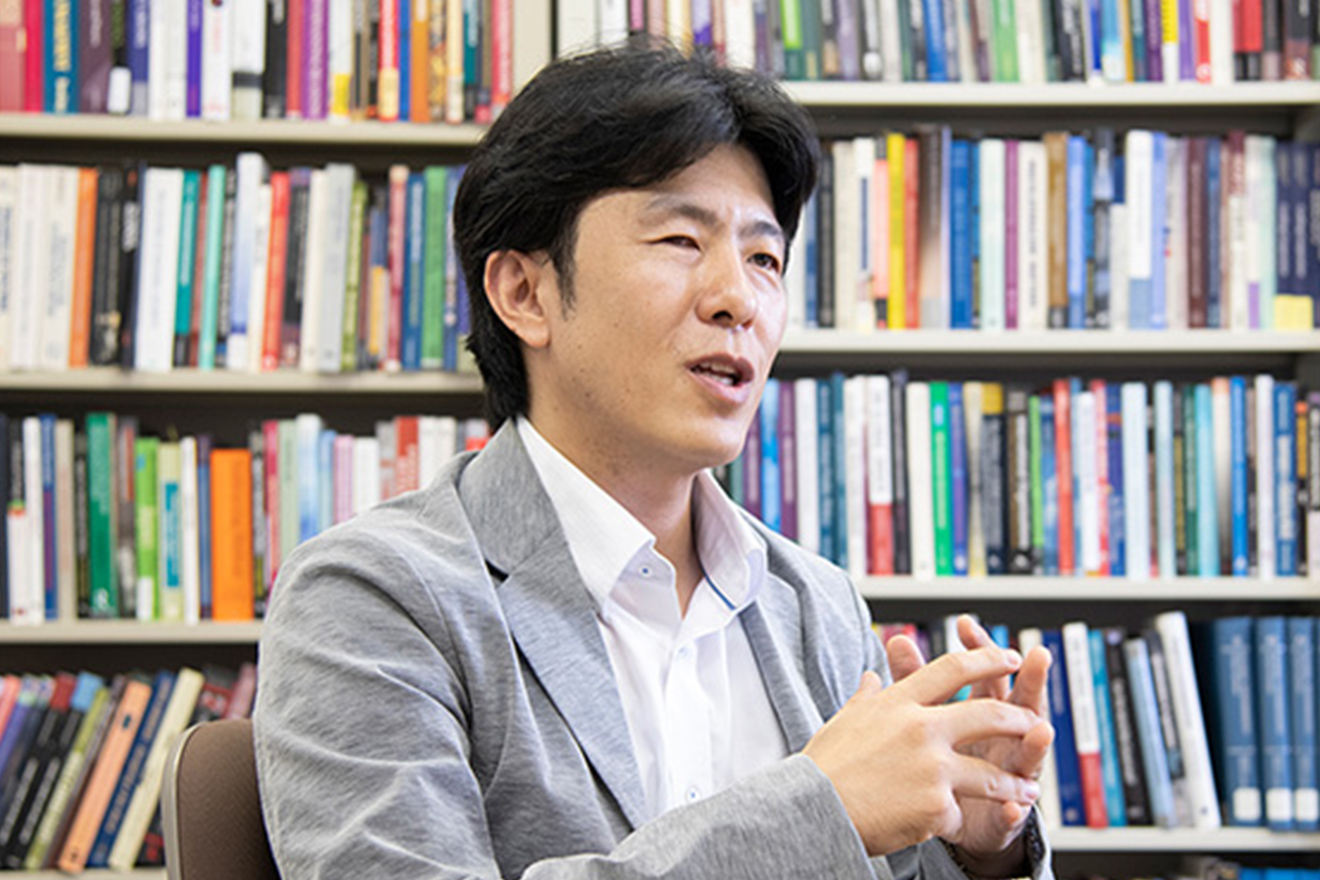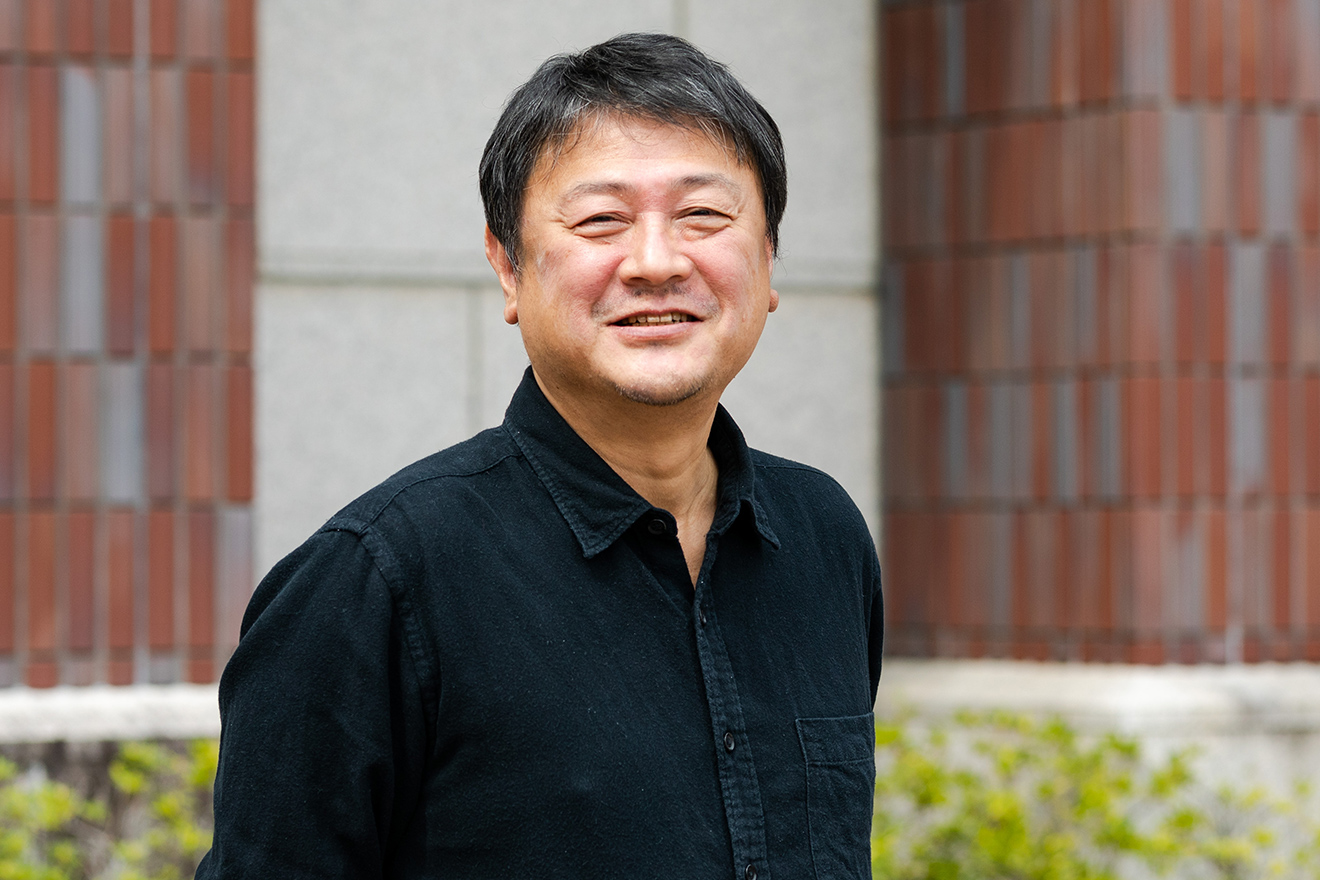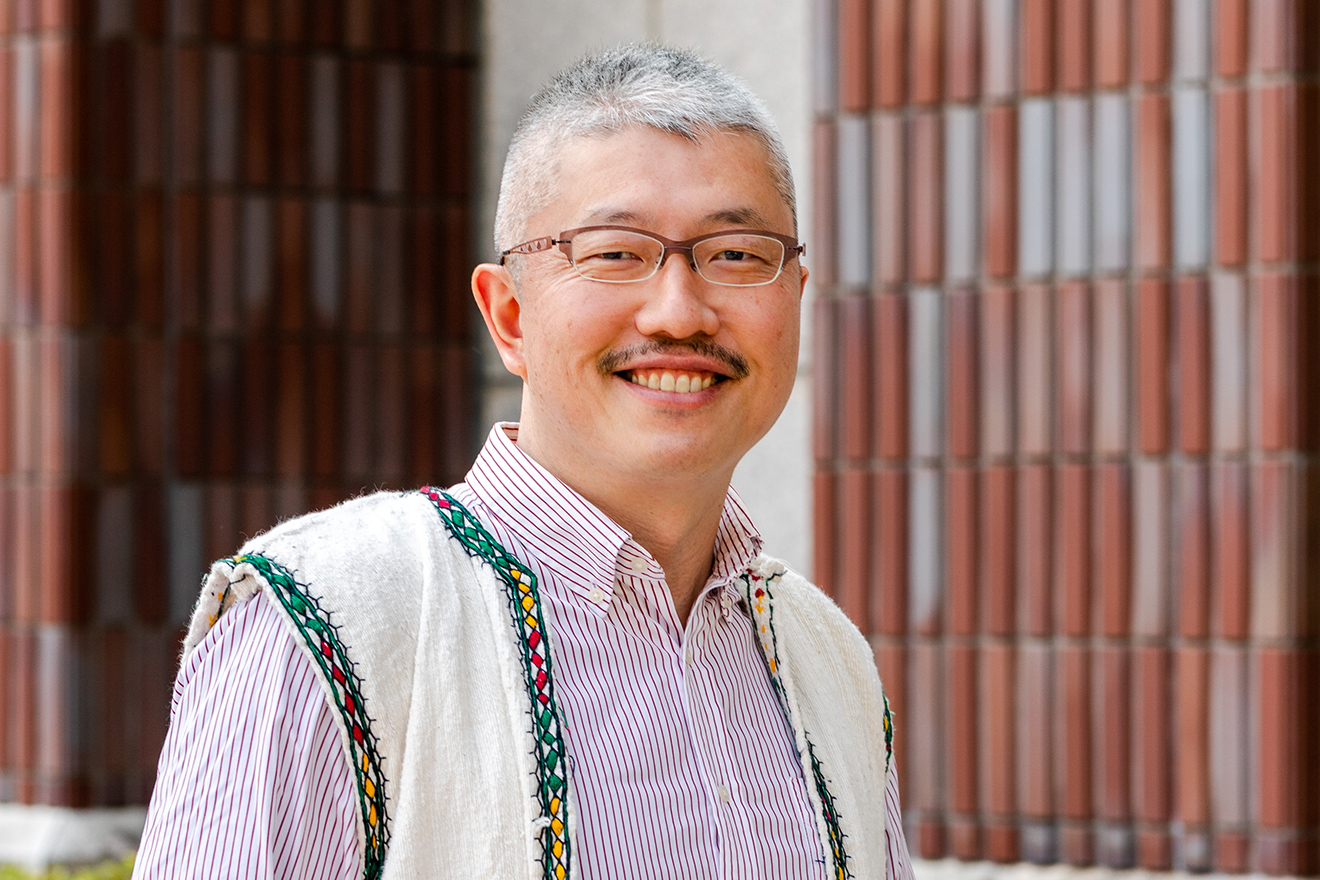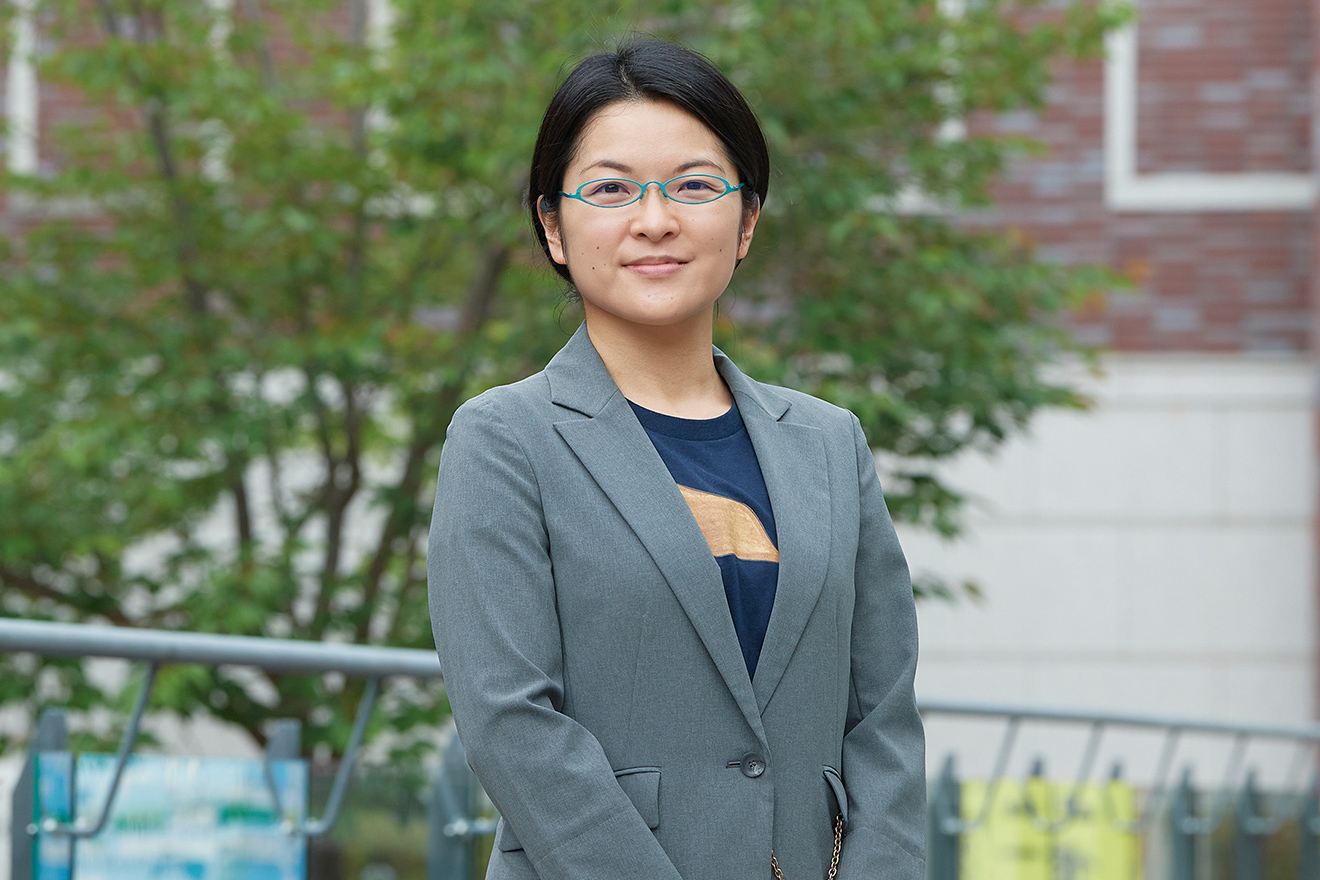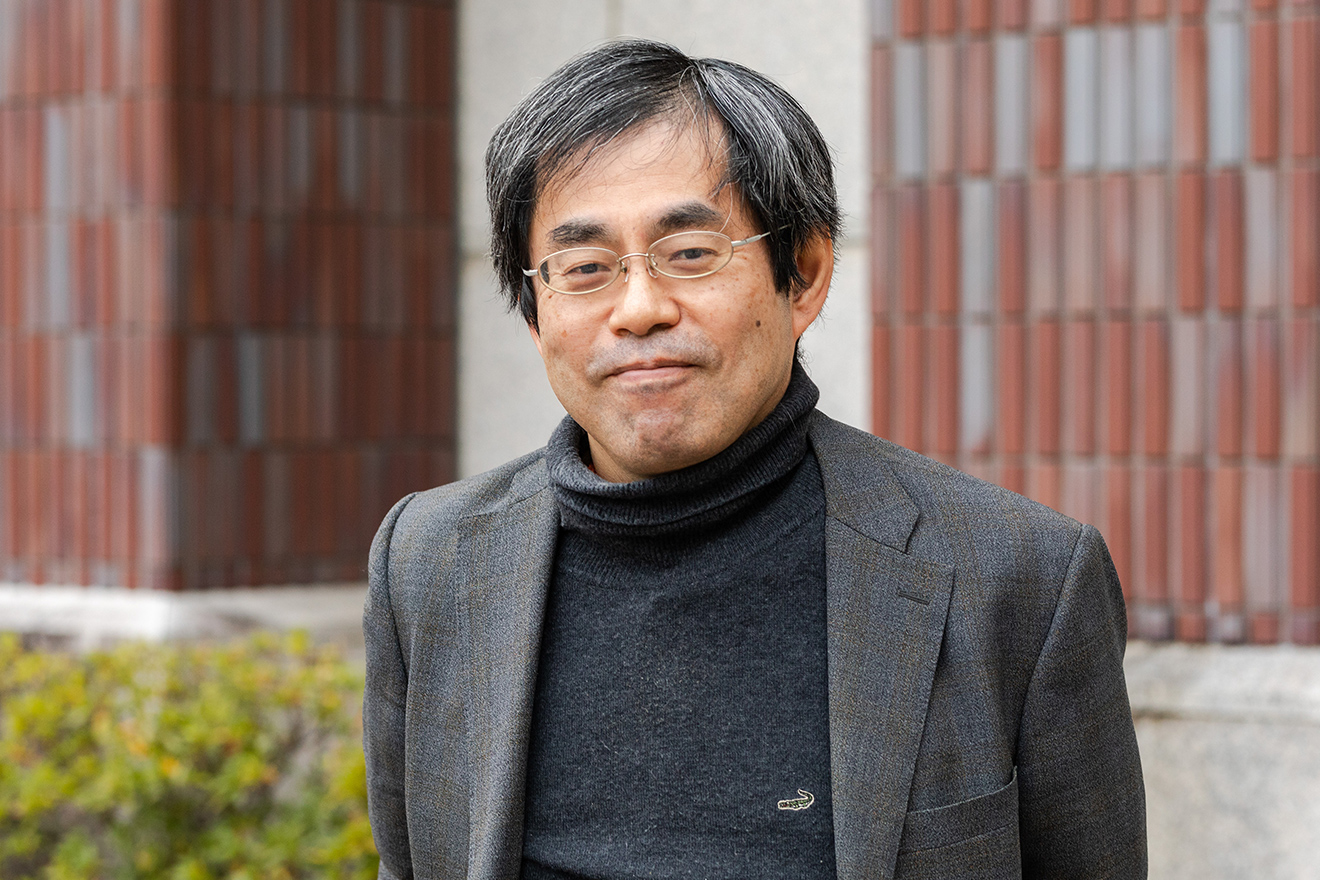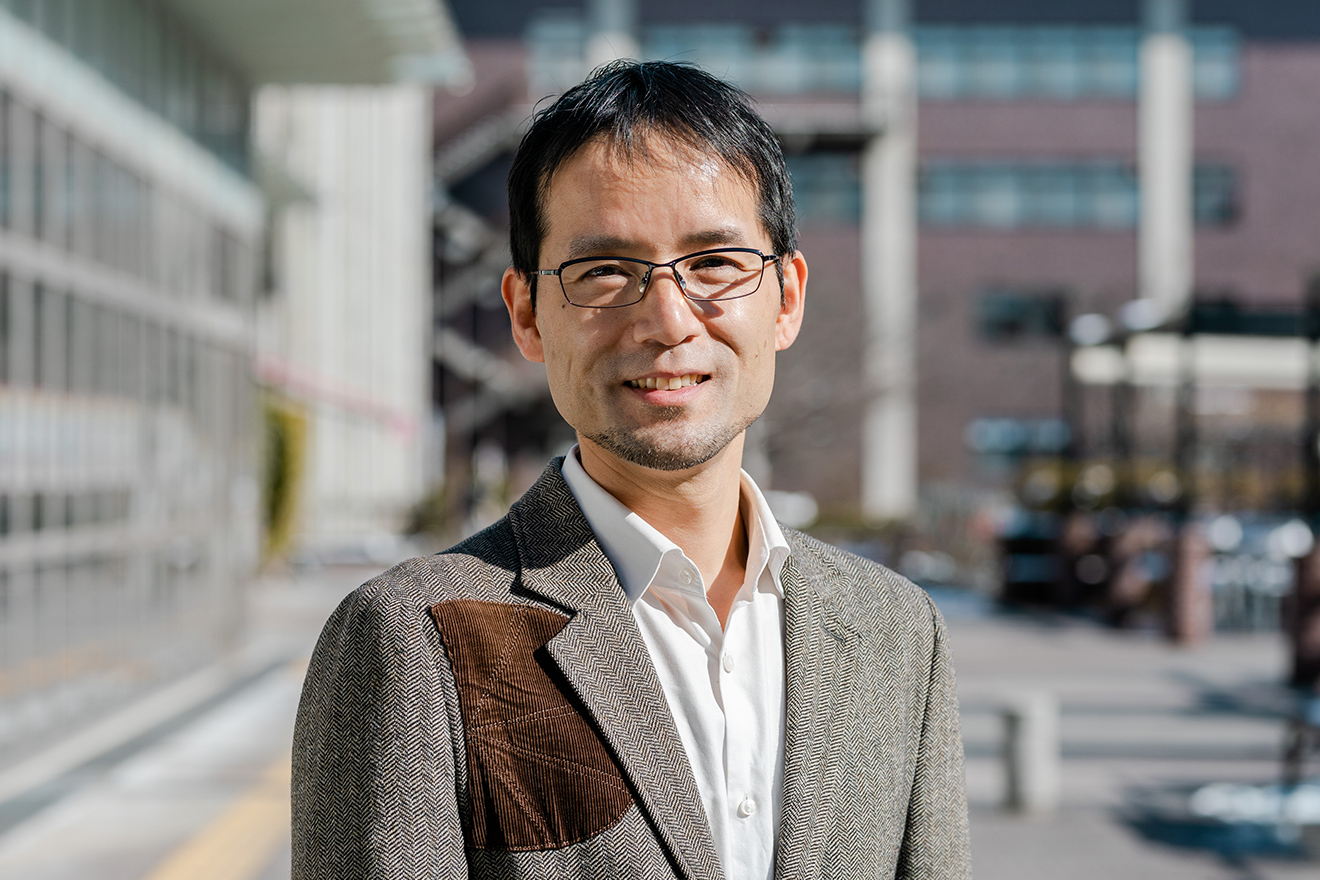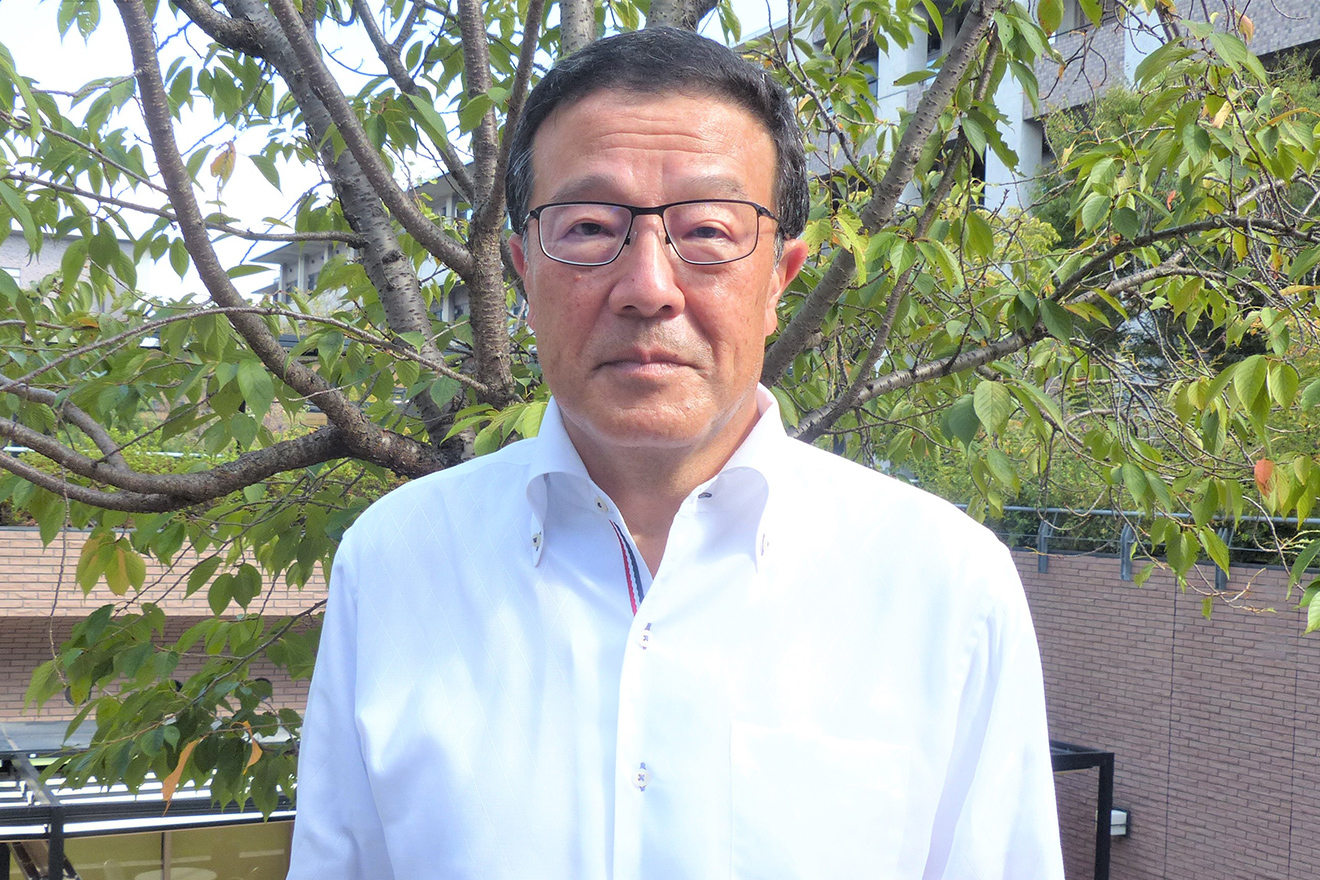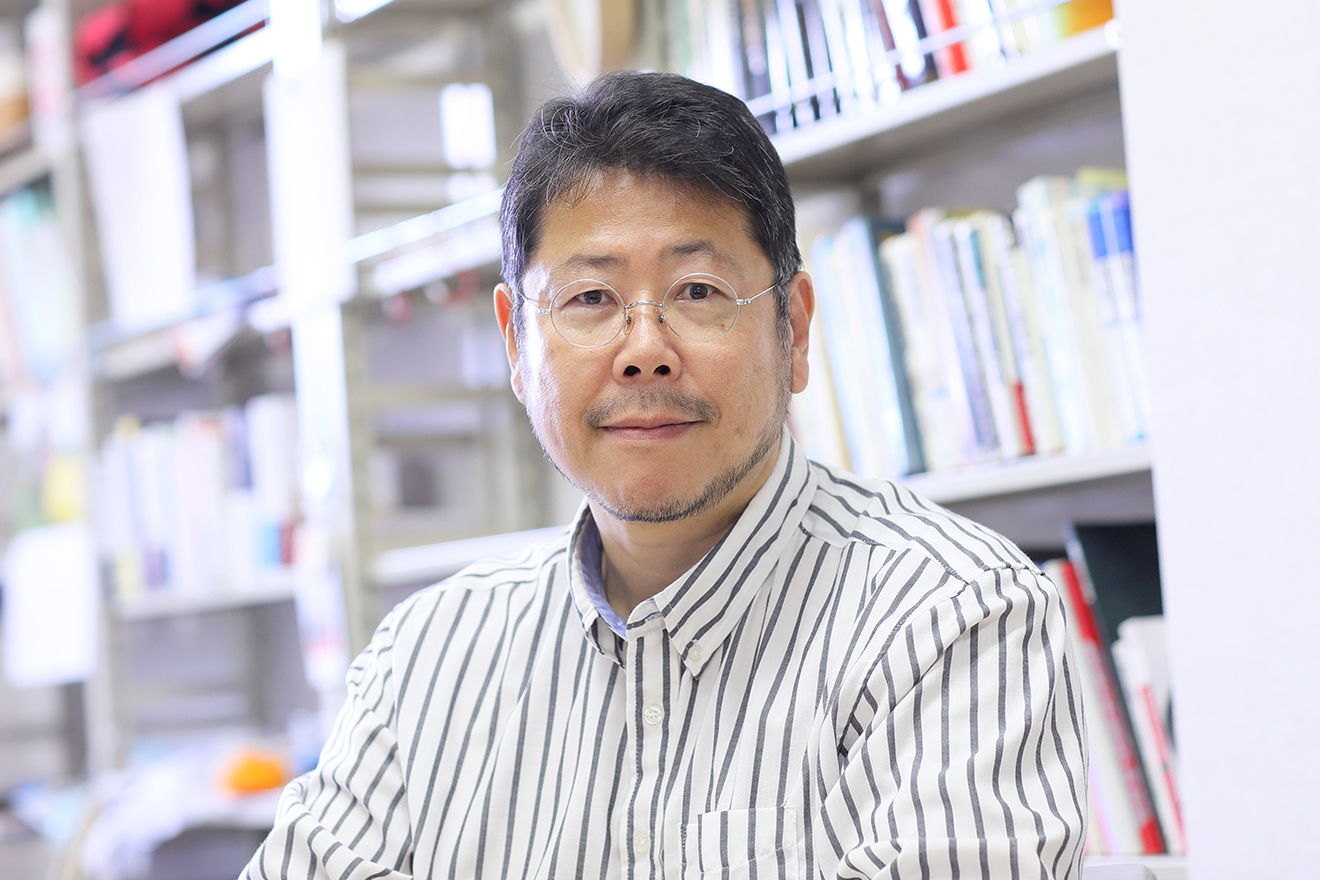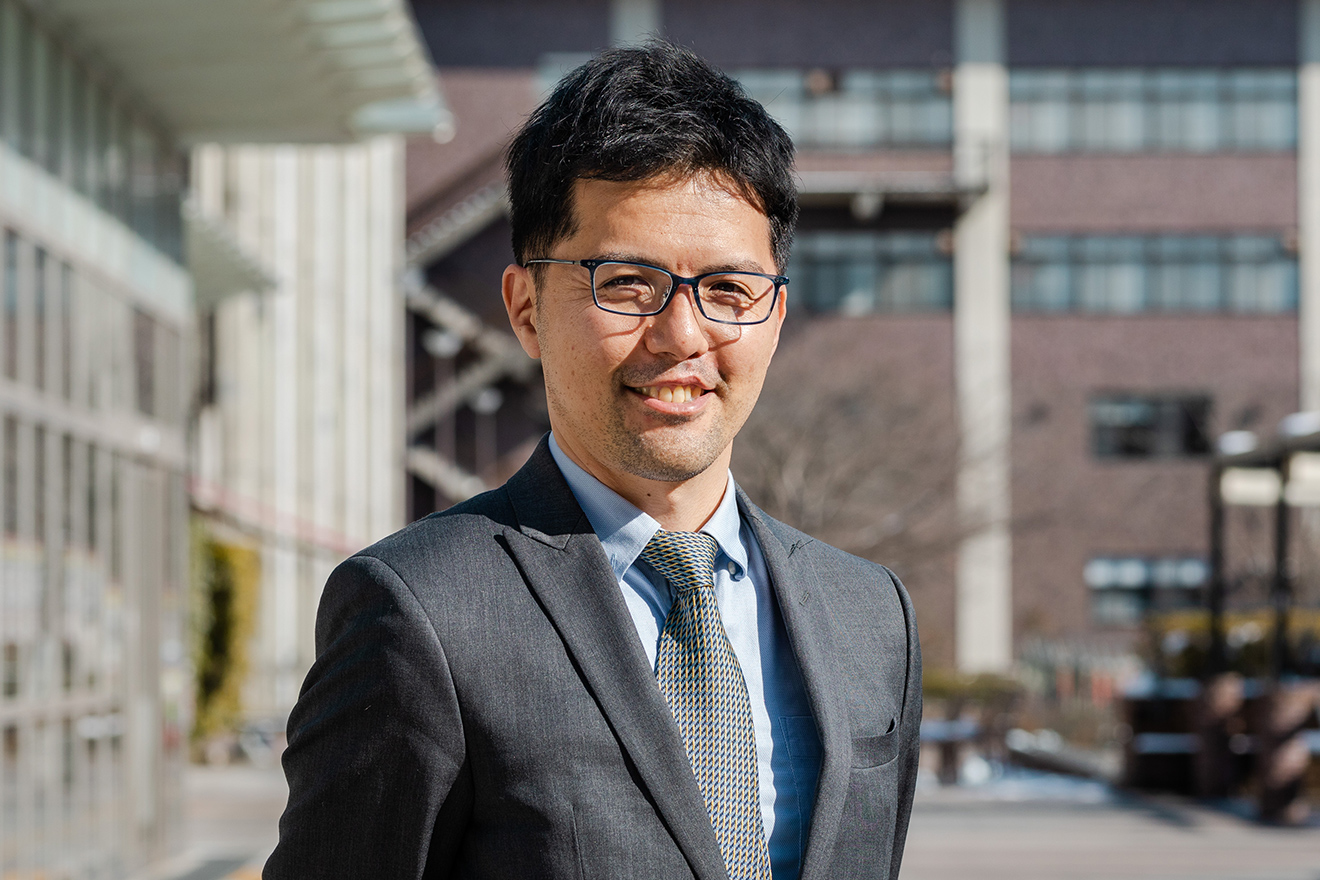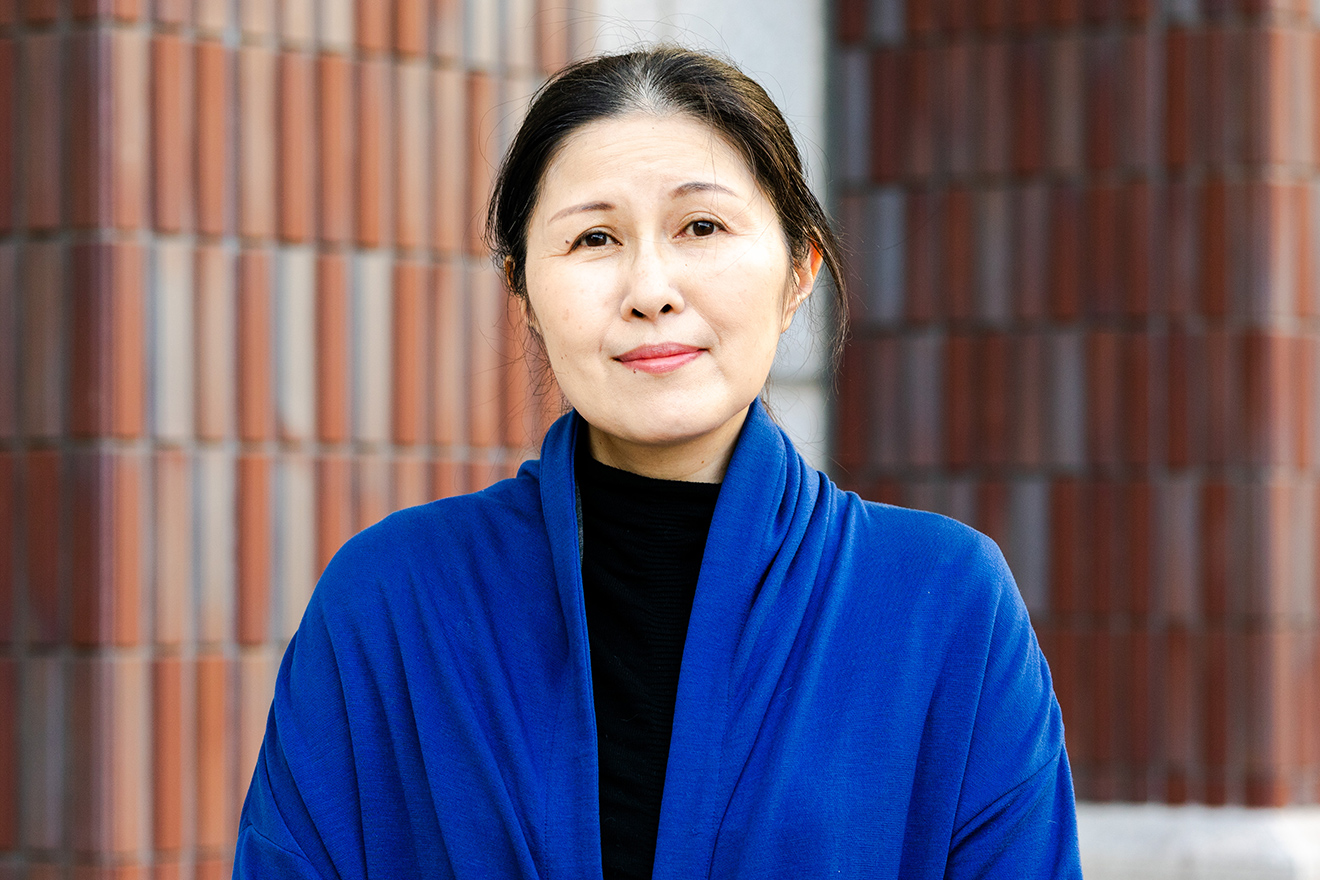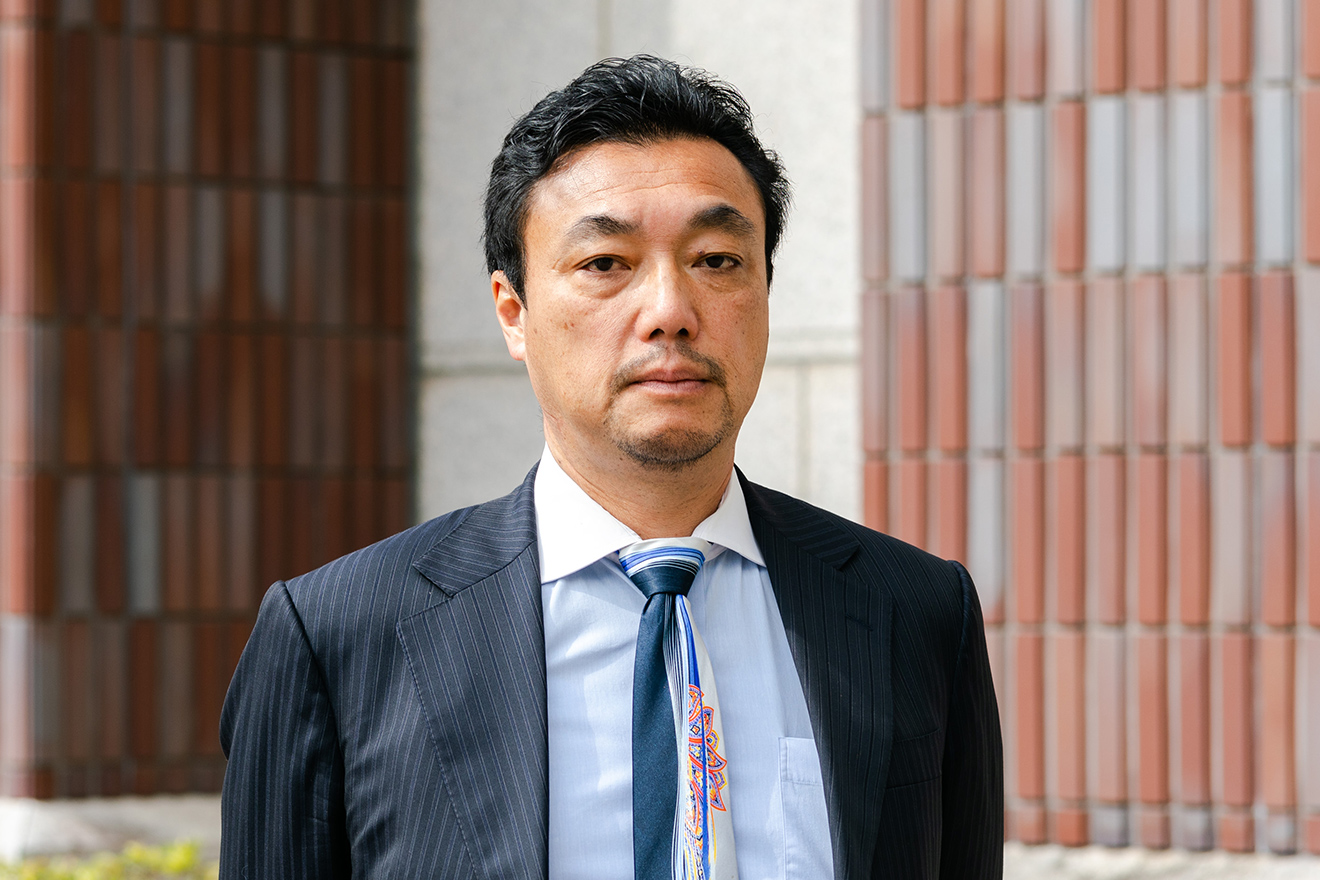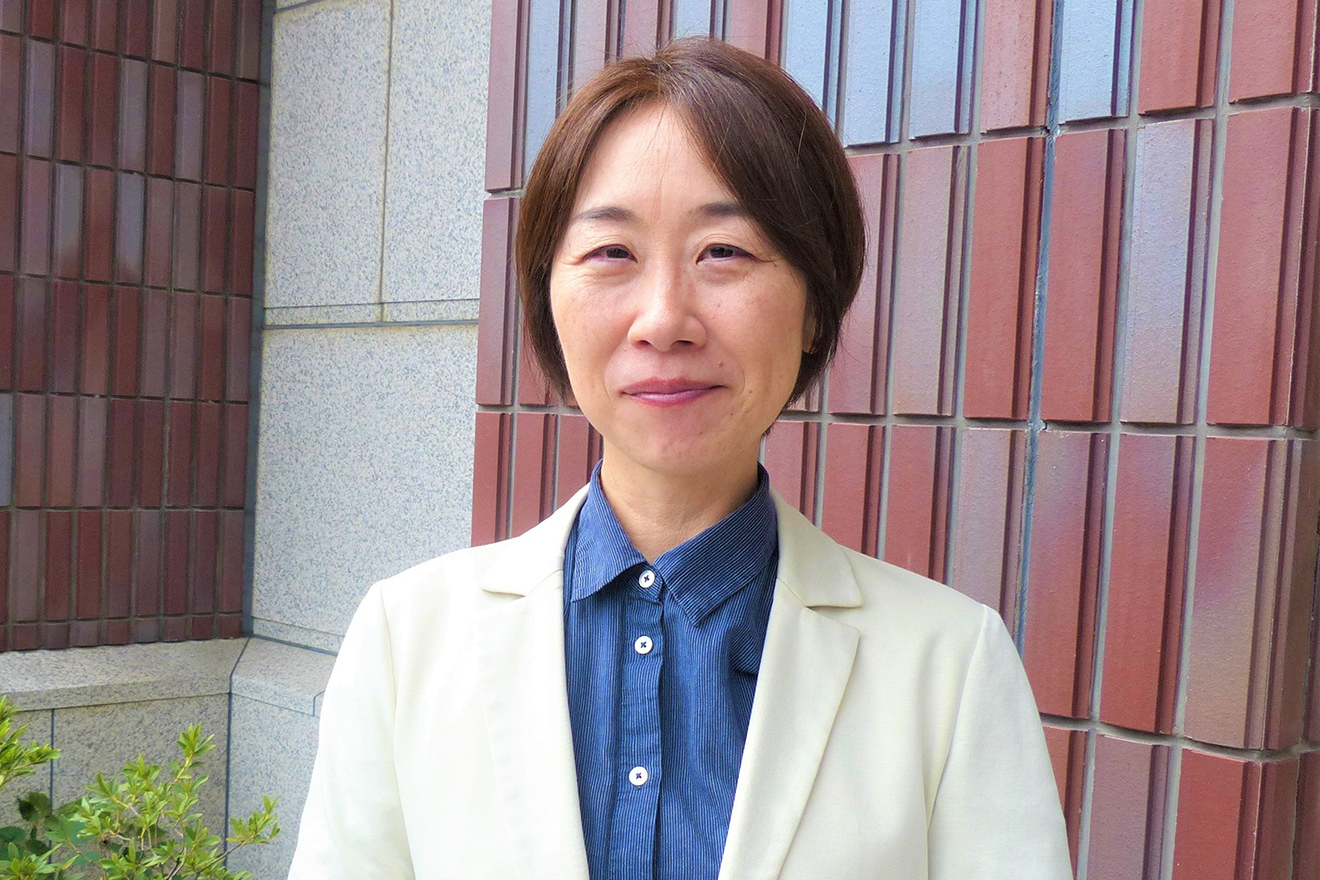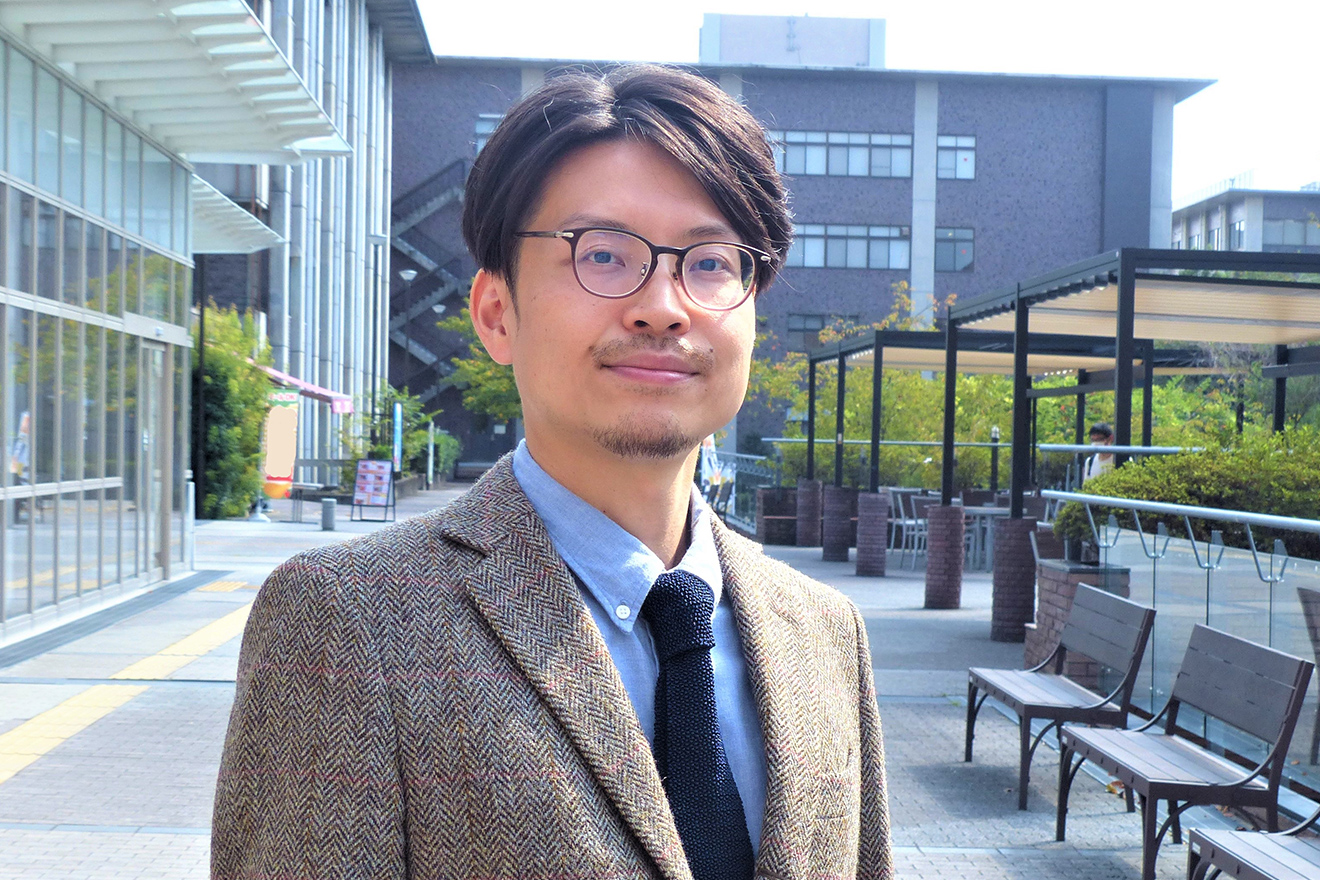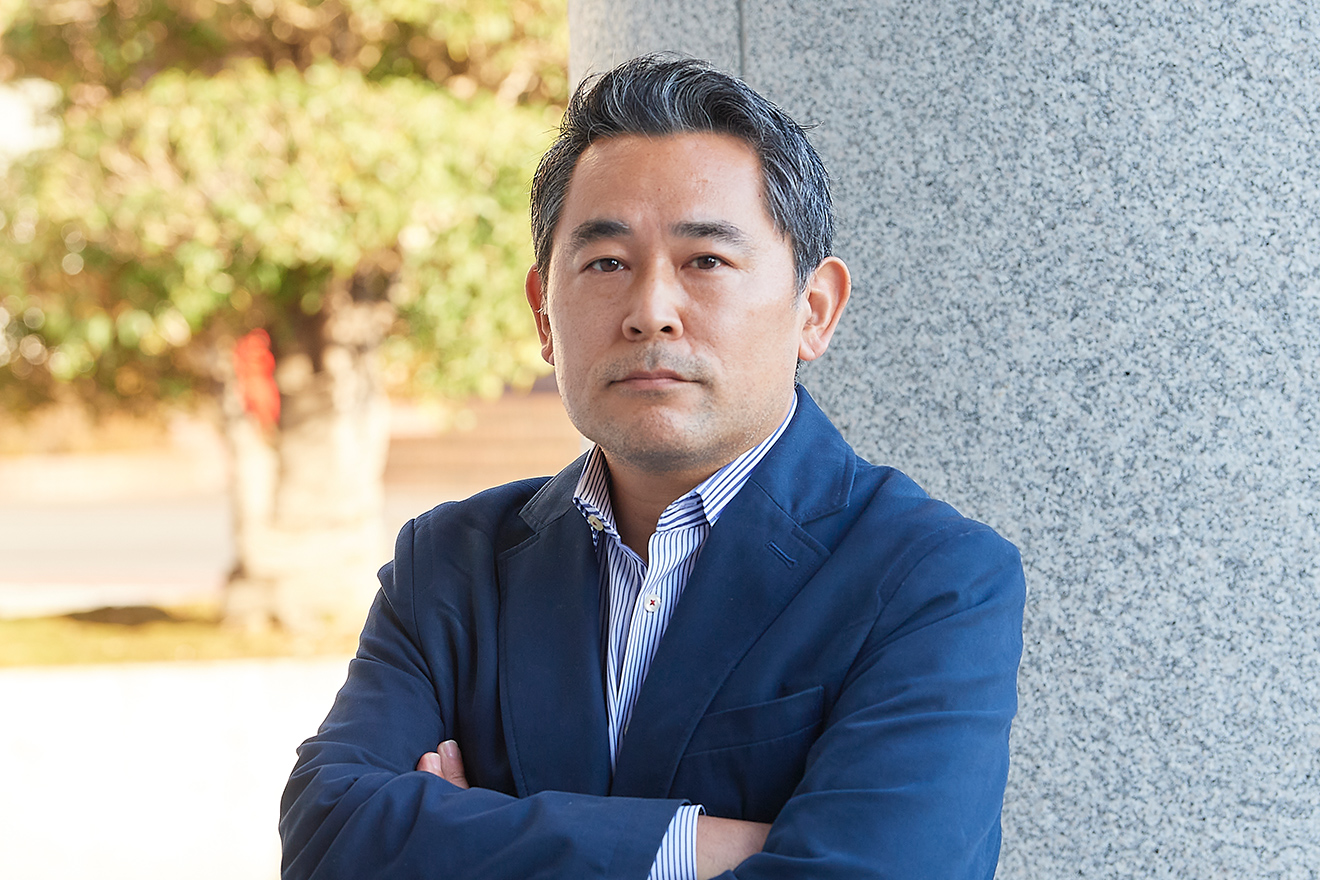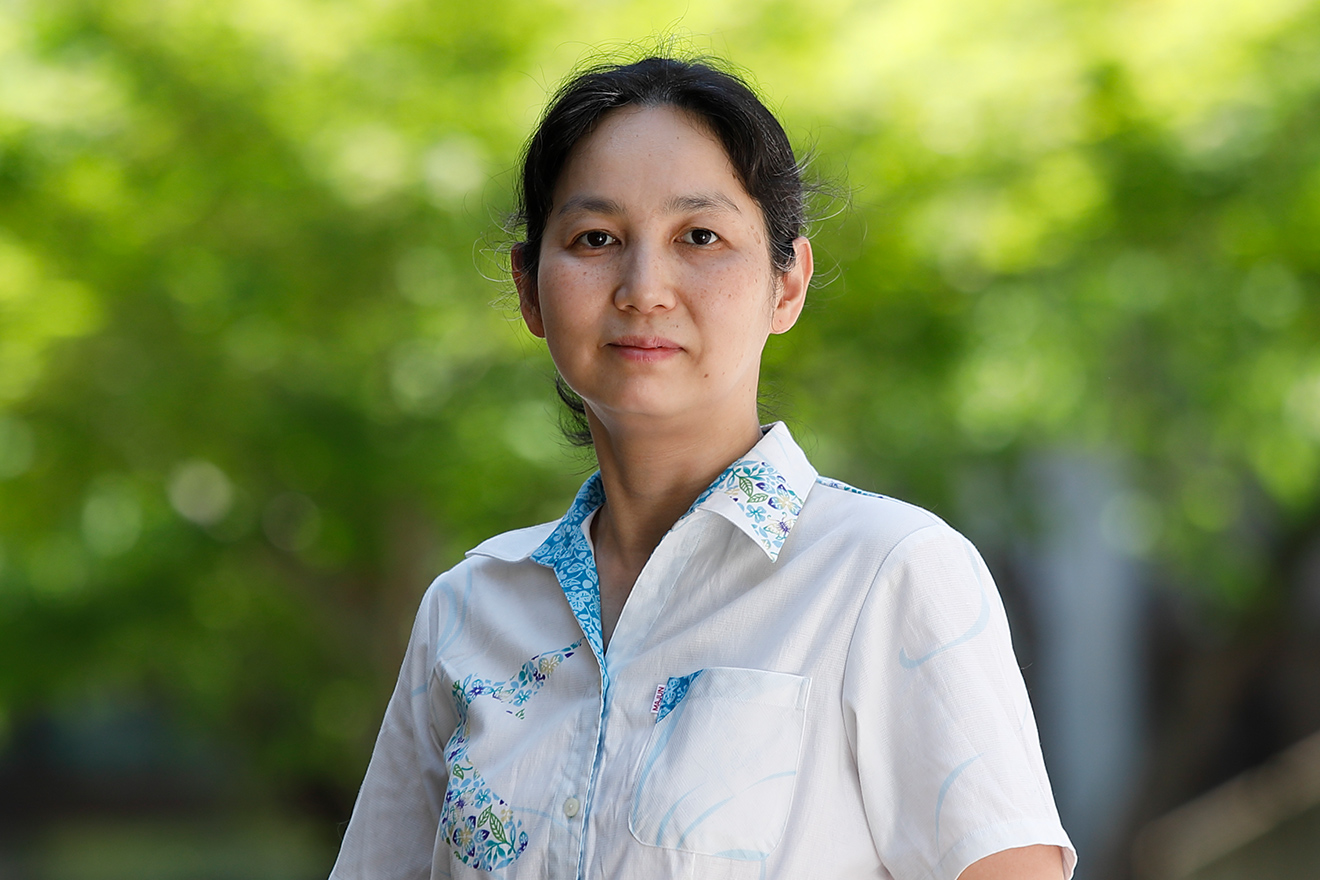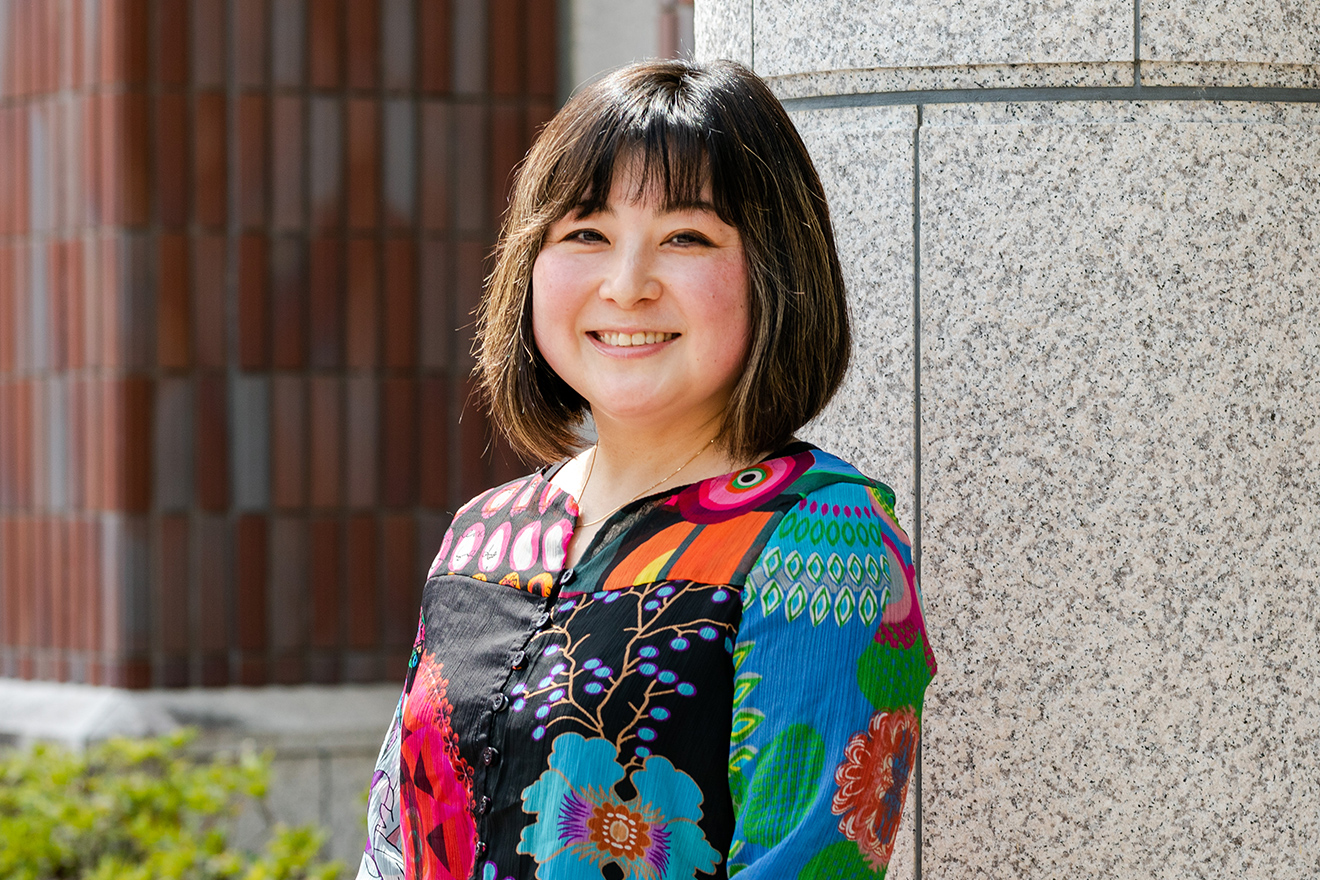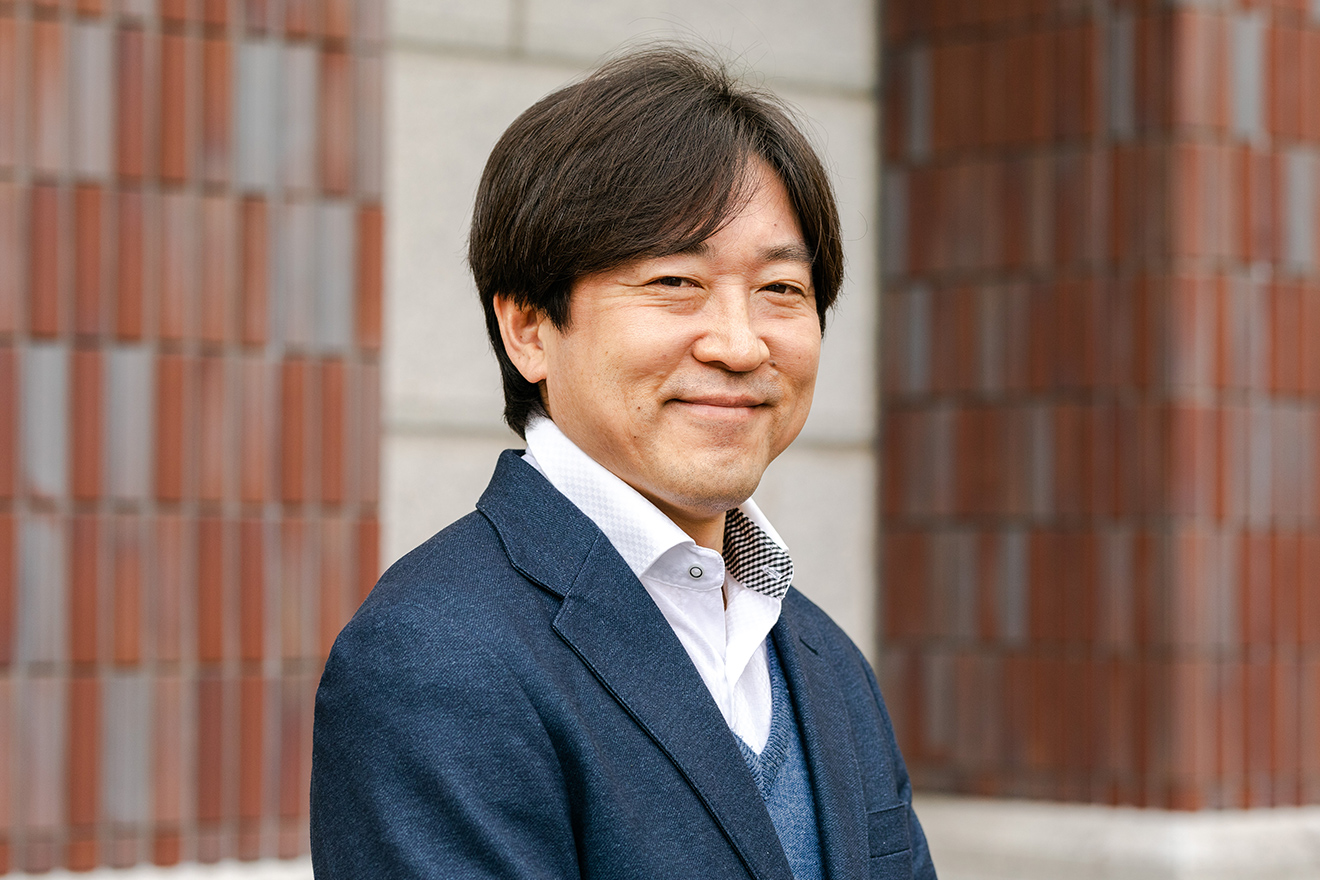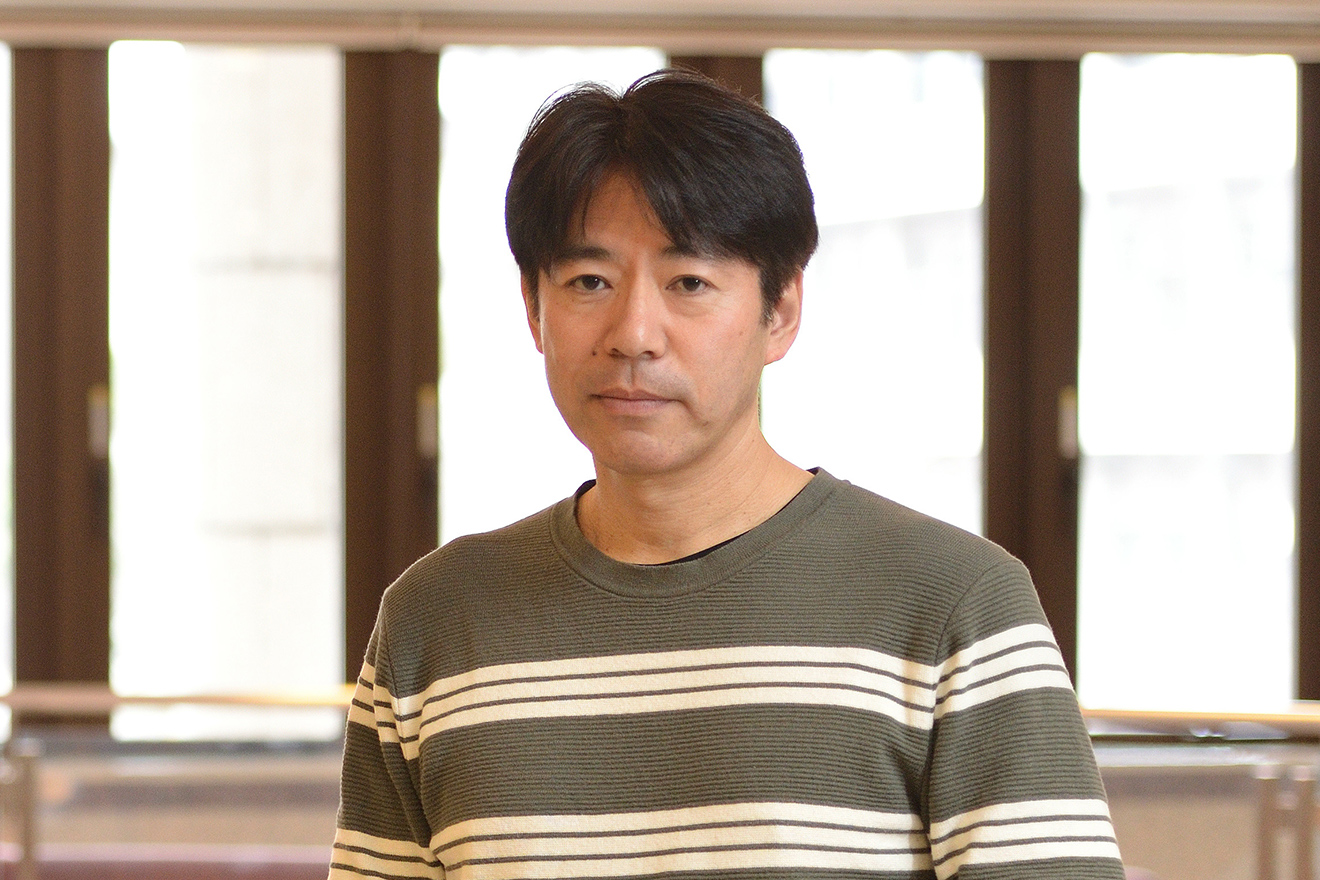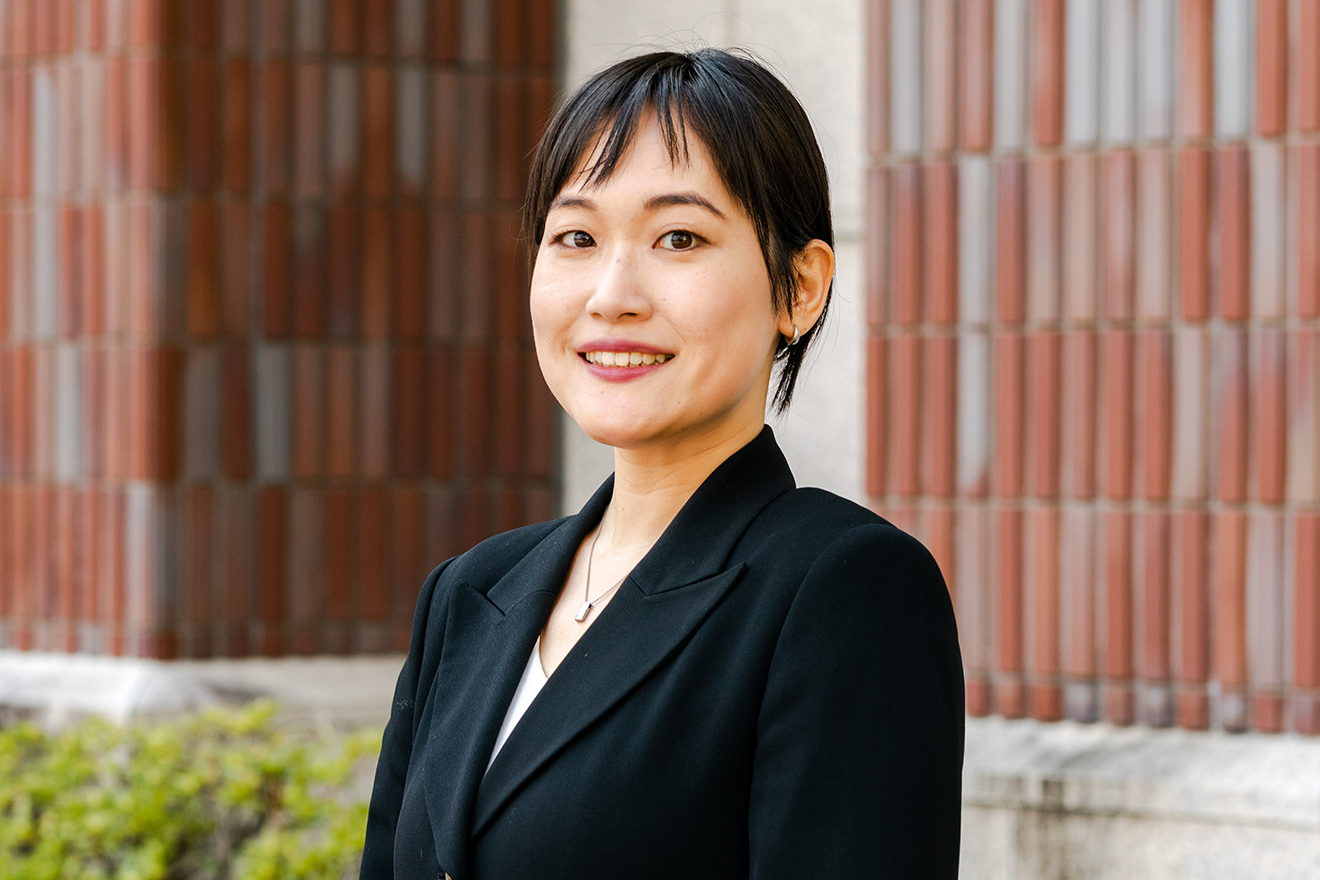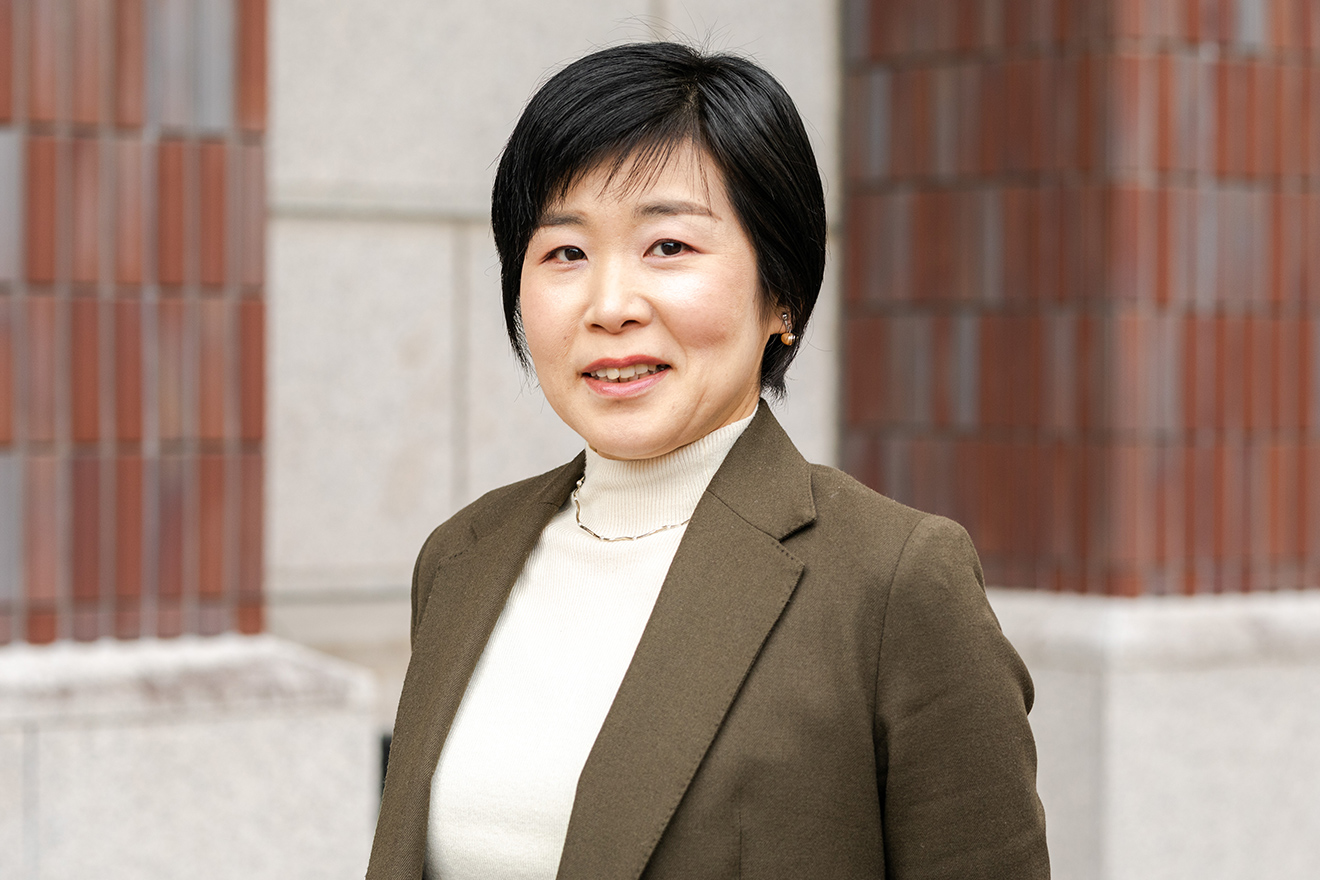
Advanced Seminar /
Graduation Research
In the College of International Relations, over their third and fourth years (four semesters), students will take 専門演習 / Advanced Seminar, and in their fourth year, during their eighth semester, it is required that 卒業研究 / Graduation Research be completed.
During the two years that they spend in their Advanced Seminar, students will study in a small group environment, and in their final semester, they will complete their graduation thesis based on the research topic they have chosen.
履修スケジュール
| 3rd year | 4th year | Total | |||
|---|---|---|---|---|---|
| 5th semester | 6th semester | 7th semester | 8th semester | ||
| IR International Relations Major |
専門演習 | 専門演習 | 専門演習 | 専門演習 | 専門演習+ 卒業研究 |
| 卒業研究 |
|||||
| GS Global Studies Major |
Advanced Seminar | Advanced Seminar | Advanced Seminar | Advanced Seminar | Advanced Seminar+ Graduation Research |
| Graduation Research |
|||||
* 専門演習 will be conducted in Japanese, Advanced Seminar will be conducted in English.
* Students who have participated in a study abroad program in their third or fourth year will be eligible to graduate if they have completed two semesters (four credits) of a zemi.
専門演習 / Advanced Seminar
Determining a Class
In their second year (during their fourth semester), students will decide the 専門演習 / Advanced Seminar that they will study for the next two years.
Students will apply by choosing a class that will allow them to research a theme of their interest with a professor from whom they would like to learn.
It is possible for students studying International Relations to study English-language Advance Seminar courses, as well as for Global Studies students to choose 専門演習 courses that are conducted in Japanese.
専門演習 / Advanced Seminar is a requirement, so all students must enroll in an Advanced Seminar course.
College of International Relations, 専門演習 / Advanced Seminar at a Glance.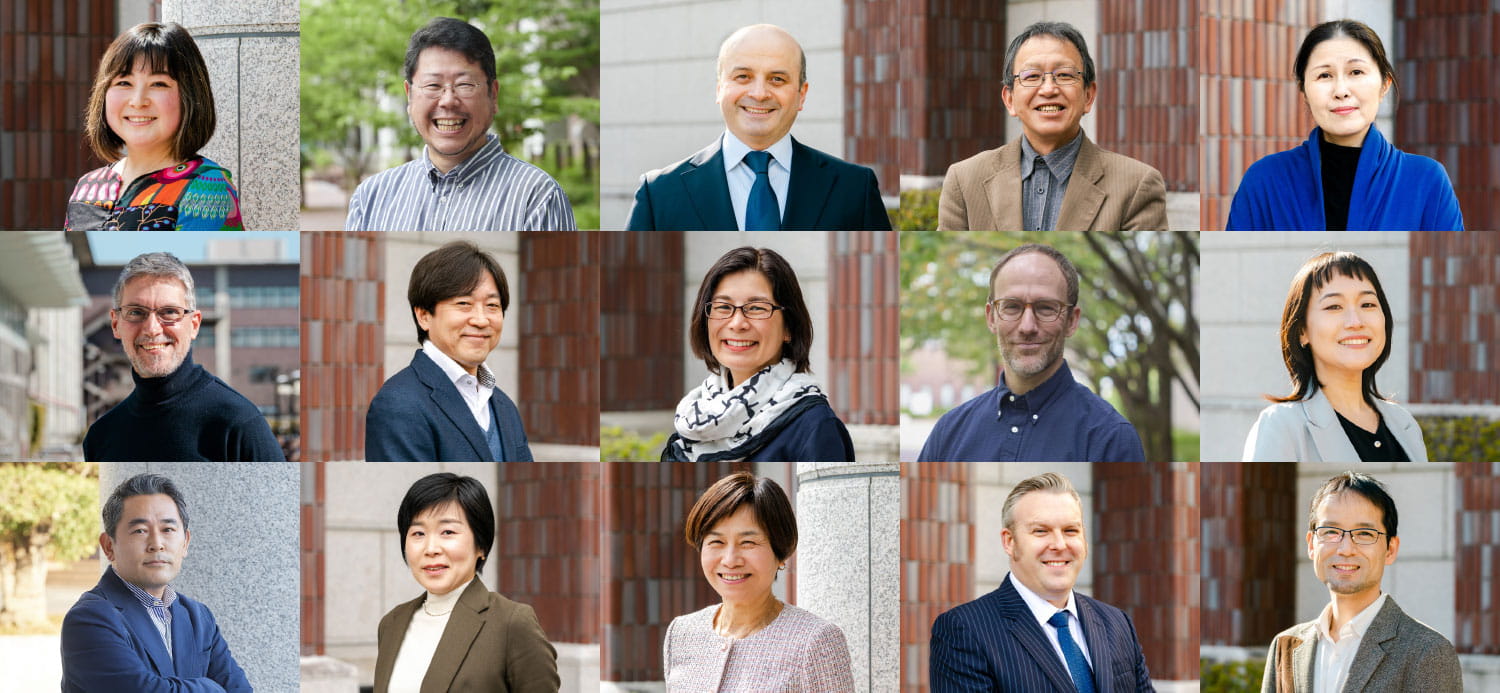
Zemi Research Convention
Every fall, presentations are given at this gathering. Groups that were formed in the 専門演習 / Advanced Seminar class spend several months preparing research and then present their results in front of an audience. The audience consists of a mixed variety of people, including first- and second-year students, working alumni, and human resources personnel from outside companies.
This is an excellent chance to present research results and receive direct feedback from an audience.
Zemi Research Convention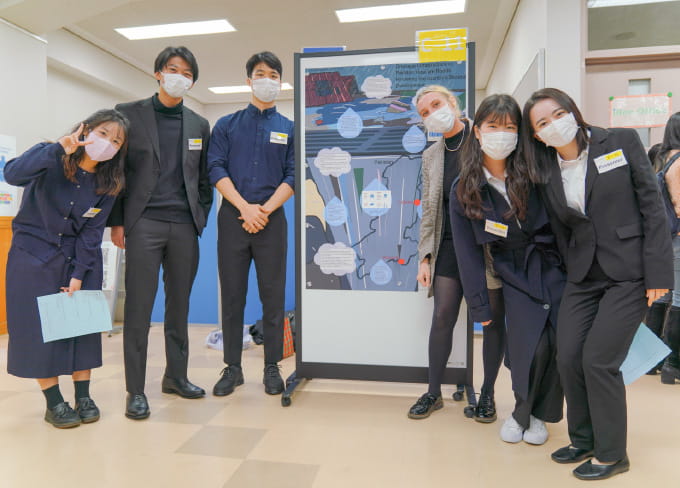
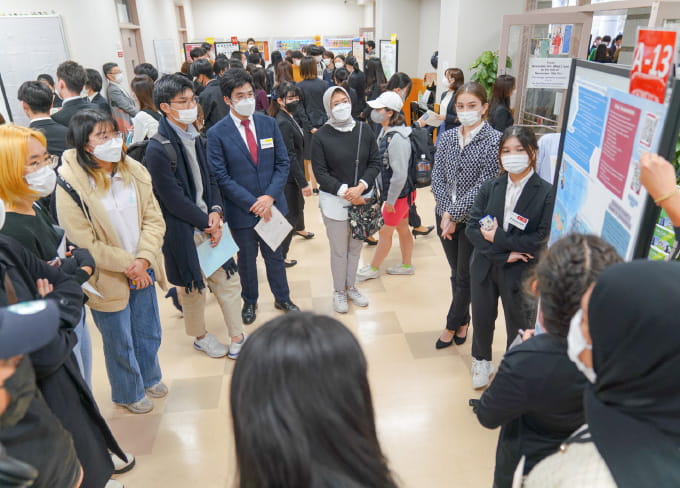
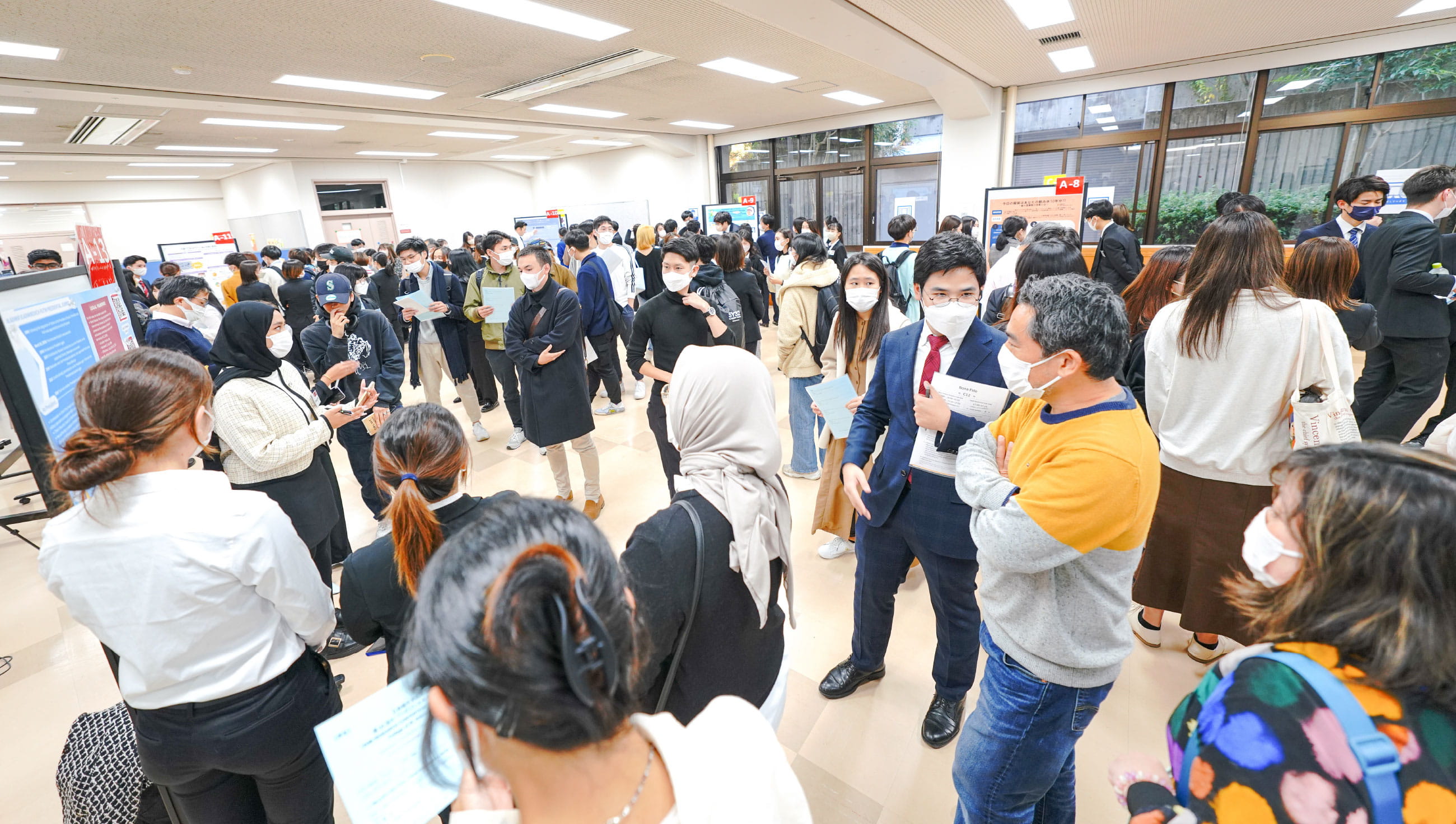
Graduation Research
Graduation Research
In the College of International Relations, graduation research is the culmination of four years of college study. In the eighth semester, all students will submit their graduation theses (required).
Students will spend their final two years researching a theme that is of interest or concern to them and use that research as the foundation of their graduation thesis.
Number of Characters for Graduation Thesis
- English: approximately 10,000 words, double-spaced
- Japanese: approximately 20,000 characters
Thesis Language
- International Relations major: Japanese or English
- Global Studies major: English
Graduation Thesis Commendation System
Those theses that are deemed outstanding and have been recommended by a professor will be considered for special commendation.
Students who have authored winning theses will receive a special commendation at the graduation ceremony. Their theses will also be displayed for current students to view as exemplary models.
Themes of previous award-winning theses (ex.)
- Globalization of Capital and Finance and "Economic Growth - Inequality - Poverty Reduction" - Empirical Analysis of Indonesia from 1983 to 2020 -
- Logic of Choice: Strategy of Division, Strategy of Cohesion and Tug of War between Japan, the United States and China in the Early Cold War
- Effectiveness and Future Direction of International Assistance in the Field of Logistics Infrastructure
- Why did the United States withdraw from the INF Treaty: An Analysis of the American Foreign Policy Decision-making Process Using the Policy Window Model
- Searching for Reconciliation:The Prospects of Transformative Justice in Afghanistan
- Analyzing Stateless Asylum-Seeking and Refugee Children in the Republic of Korea
- China, Japan, and the Making of Modern International Relations in East Asia: Tribute, Treaty, and Transition

